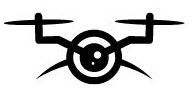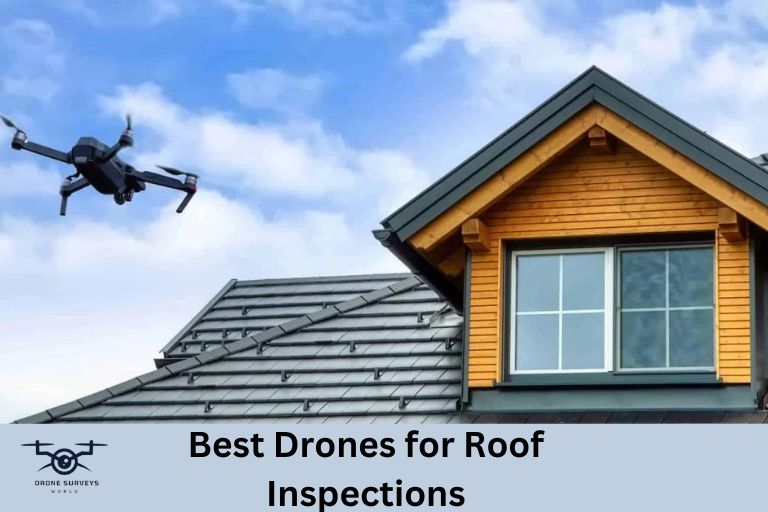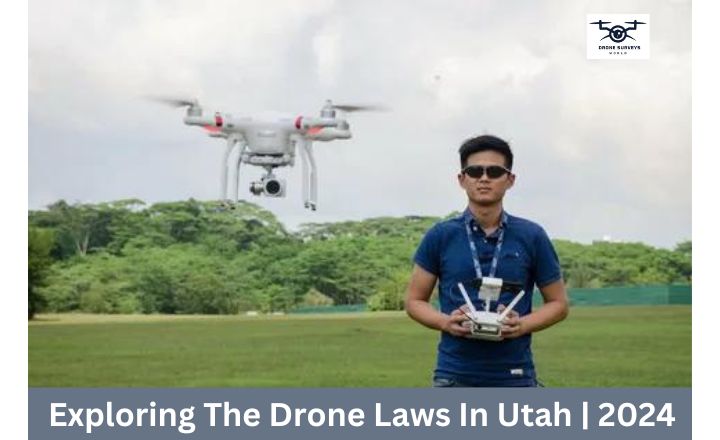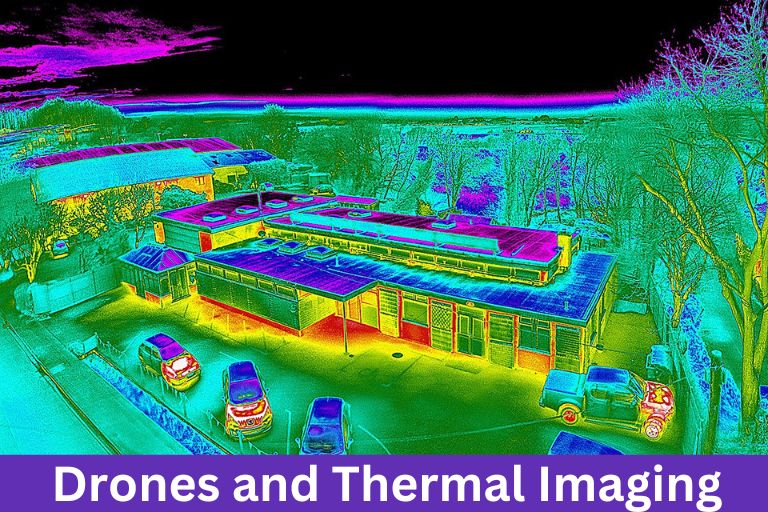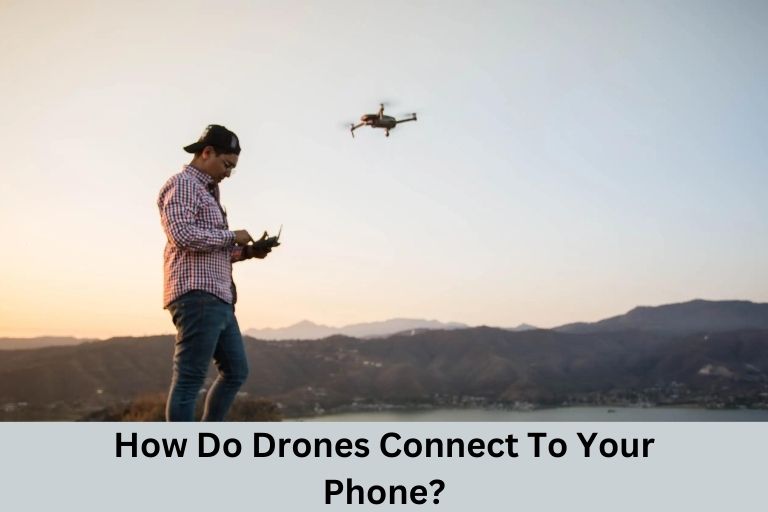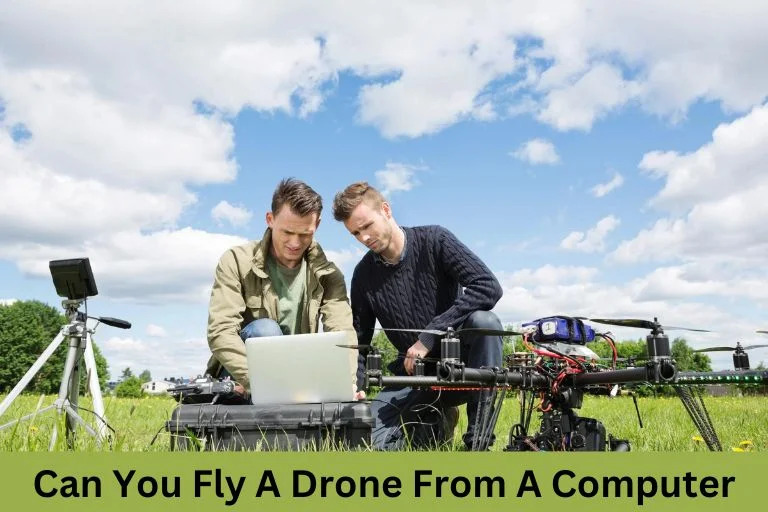Drones have changed how we inspect roofs. They give a different view and can find problems on the roof. Here we will look at the top best drones for roof inspections, explaining their advantages and things to think about for professionals and homeowners.
Best Drones For Roof Inspections
What are the best drones for roof inspections? Let’s look at the top choices from DJI.
DJI M30 Series
The DJI M30 Series has an impressive flight time of 41 minutes that allows for thorough and detailed assessments. Equipped with a fixed camera system, this drone features a 12MP wide camera perfect for capturing high-resolution images of the entire roof area. Its 48MP zoom camera enables close-up shots to identify even the smallest details or signs of damage.
A standout feature of the DJI M30 is the LP12 searchlight, providing enhanced visibility in low-light conditions for more accurate inspections. Paired with a built-in speaker, this drone not only captures visuals but also allows inspectors to communicate effectively while conducting assessments.
DJI Mini 4 Pro
The DJI Mini 4 Pro, with its sub-250g weight, is making waves as the go-to choice for roof inspection. Its remarkable portability allows for easy maneuvering around complex structures, ensuring every corner and crevice can be inspected thoroughly.
The drone’s ability to capture stunning 4K video and high-resolution photos up to 48MP on a 1.3 inch CMOS sensor elevates the precision of roof inspections to new heights. The impressive 34-minute flight time of the DJI Mini 4 Pro provides ample opportunity to survey sprawling rooftops without the need for frequent battery changes.
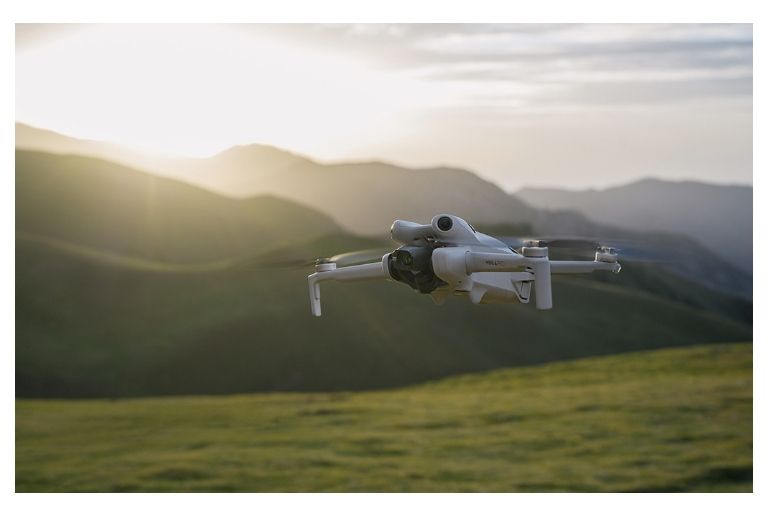
DJI Mavic 3 Enterprise Series
The DJI Mavic 3 Enterprise is a suitable for comprehensive inspections requiring advanced features. The 20MP camera ensures stunning image quality, while the ability to capture 4K video offers exceptional clarity for various applications.
With up to a 45-minute flight time, this drone allows for extended missions without frequent interruptions, maximizing productivity.
DJI Phantom 4 Pro V2.0
The DJI Phantom 4 Pro V2.0 have a stunning 20MP camera capable of capturing crystal-clear images and shooting cinematic 4K videos, this drone brings professional-grade quality to the fingertips of enthusiasts and professionals alike.
Its extended 30-minute flight time allows for longer shooting sessions without constantly worrying about battery life. It has advanced obstacle avoidance system, covering not only forwards and backward movements but also downwards, providing a comprehensive shield against potential collisions.
DJI Mavic Air 3
The DJI Mavic Air 3 has remarkable 48MP camera, capable of capturing stunning details and vibrant colors. Whether you’re shooting landscapes or action-packed moments, this drone ensures your footage is crisp and professional-grade.
The ability to film in 4K video at 60fps adds another layer of cinematic quality to your projects, allowing for smooth, high-resolution shots that truly stand out. Its durability and stability make it the perfect companion for frequent inspections in varied conditions, such as construction sites or wildlife monitoring.
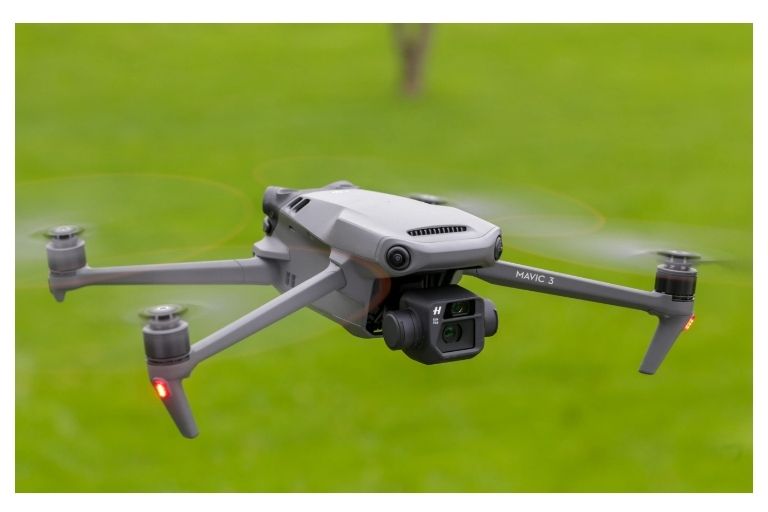
Autel Robotics EVO II
It has impressive 48MP camera and 8K video capability, this drone delivers stunning aerial shots with unmatched clarity and detail. It has extended flight time of up to 40 minutes. This gives users ample time to capture all the required footage without constantly worrying about recharging.
Ideal for tasks that demand meticulous attention to detail, such as extended inspections requiring detailed imagery, the EVO II sets a new standard for reliability and performance in the drone industry.
DJI Mini 3 Pro
The DJI Mini 3 Pro has 48MP camera and the ability to shoot stunning 4K videos, this drone takes creativity to new heights. The enhanced image quality allows photographers to capture intricate details and vibrant colors with precision, making every shot a masterpiece.
Its remarkable 34-minute flight time ensures that users have ample time to explore and capture breathtaking landscapes. Its compact size and lightweight design make it the perfect choice for inspections where portability and low weight are key.
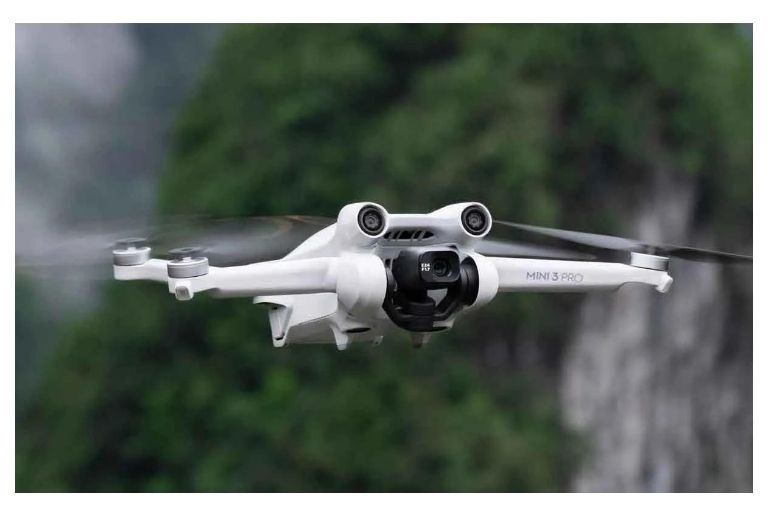
DJI M300 RTK
The DJI M300 RTK boasts an industrial-grade build that ensures durability and reliability in any environment. What sets this drone apart is its ability to seamlessly integrate multiple payload options, allowing users to customize their setup based on specific project requirements. With up to 55 minutes of flight time, the M300 RTK offers extended operational capabilities for tasks that demand long-duration flights.
The standout feature of the DJI M300 RTK is its use of RTK (Real-Time Kinematic) technology, which provides precise positioning accuracy down to centimeter-level. This level of precision opens up a world of possibilities for applications such as surveying, mapping, inspection, and more.
What Are The Advantages Of Using Drones For Roof Inspections Compared To Traditional Methods?
Drones offer several advantages for roof inspections compared to traditional methods.

Safety
Drones are safer for roof inspections. By deploying drones instead of manual laborers, companies can significantly reduce the risk of accidents and injuries.
Drones are able to navigate tight spaces and heights that may put workers in danger, making them a safer alternative for inspecting roofs.
Speed
Drones revolutionize the way roof inspections are conducted, primarily by offering unmatched speed and efficiency. Unlike traditional methods that involve manual labor and time-consuming processes, drones can complete a thorough inspection of a roof in a fraction of the time.
This rapid assessment not only saves valuable time but also minimizes disruptions to building occupants.
Accessibility
Drones can easily reach areas that are difficult or dangerous for humans to access, such as steep roofs or high-rise buildings.
This increased accessibility allows for thorough inspections of rooftops without putting personnel at risk.
High Resolution Images
Using drones for roof inspections is the ability to capture high-resolution images and videos of the entire roof structure. Drones equipped with specialized cameras can provide detailed visuals that may not be easily accessible through traditional methods.
These high-quality images allow inspectors to closely analyze every part of the roof, identifying potential issues such as cracks, leaks, or damage.
Night And Low Light Inspections
Drones equipped with thermal imaging cameras are especially useful for conducting night and low light inspections, providing detailed analysis of a roof’s condition even in dimly lit conditions.
This technology allows for early detection of issues such as leaks or insulation problems that may not be visible during the day.
Cost Effective
By utilizing drones, companies save both time and money, as these flying machines provide quick and efficient access to even hard-to-reach areas on a roof.
As they can significantly reduce the need for expensive scaffolding and labor-intensive equipment.
Accuracy
Drones provide a level of accuracy that is unmatched by human inspectors or ground-based equipment.
By capturing high-resolution images and videos from various angles, drones can detect even the smallest signs of damage or wear on a roof.
Considerations For Drone Roof Inspections
When doing a roof inspection with drone, consider these important factors:
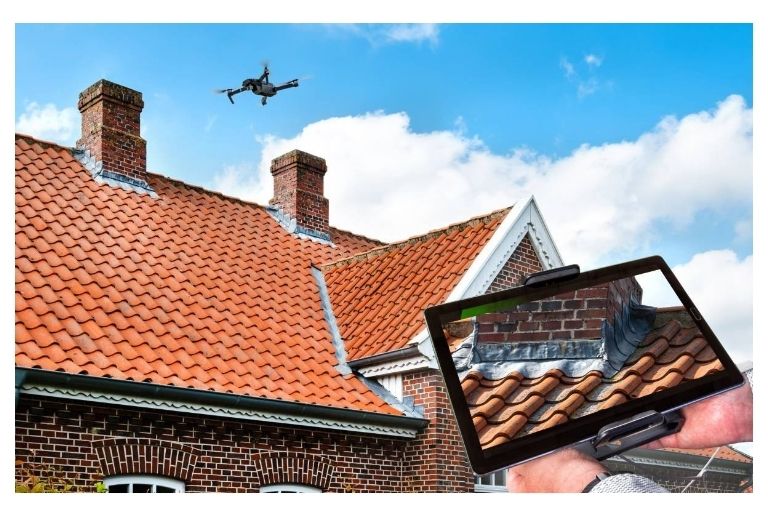
Height Of The Building
The height of the building plays a crucial role in determining the equipment and expertise required for a successful inspection. Taller buildings may necessitate drones with longer flight times and higher altitude capabilities to ensure thorough coverage of the roof without any limitations.
Capturing detailed imagery and data from greater heights can provide a more comprehensive view of potential issues such as roof damage or structural weaknesses.
Size Of The Roof
For smaller roofs, drones can capture detailed imagery within a matter of minutes or even seconds, providing a quick and cost-effective inspection solution.
This allows for enhanced detail and close-up views that might be challenging to achieve using traditional methods.
Test Flight
This allows operators to ensure the drone’s functionality, test the camera quality, and assess wind conditions at the site.
By performing a practice run, any technical issues can be identified and resolved before beginning the inspection, saving time and mitigating potential risks.
Leak Detection
It is advisable to avoid flying the drone immediately after rainfall to ensure a clear assessment of drainage issues. Waiting at least 24 hours (up to a week) post-rain can reveal any underlying leakage problems that may go unnoticed in the immediate aftermath of precipitation.
Flying too close to a rainy period can impede thermal analysis, especially if standing water masks potential roofing issues.
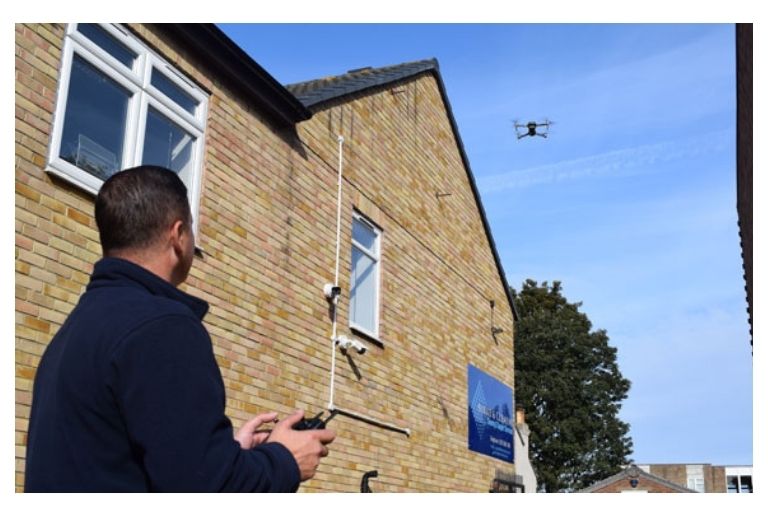
The Building’s Surroundings
Factors such as nearby trees, power lines, or other obstacles can impact the safety and accuracy of the inspection.
By understanding the potential risks posed by these surroundings, drone operators can better plan their flight paths and ensure a thorough assessment of the roof.
Thermal Drones For Roof Inspections
Thermal drones are revolutionizing roof inspections by offering a bird’s eye view with the ability to detect and identify heat signatures. This advanced technology allows inspectors to pinpoint potential issues that may not be visible to the naked eye, such as moisture infiltration, insulation gaps, or electrical hotspots.
By capturing thermal images from above, these drones provide a comprehensive assessment of a roof’s condition, helping property owners catch problems early on and prevent costly damage in the long run.
Thermal drones are also being utilized to check the temperature performance of solar panels. By analyzing heat signatures, inspectors can quickly identify faulty panels or areas experiencing inefficiencies due to shading or debris buildup.
Conclusion
Choosing the best drones for roof inspections can greatly benefit professionals in the construction and real estate industries. The advantages of using drones for this purpose include cost-effectiveness, efficiency, and enhanced safety. It is important to consider factors such as size of the roof, flight time, and durability when selecting a drone for roof inspections. By carefully weighing these considerations and researching the best options available on the market, professionals can make informed decisions that will streamline their workflow and improve the accuracy of their assessments
Frequently Asked Questions
Are Drone Roof Inspections Accurate?
Yes, drone roof inspections can provide accurate and detailed information about the condition of a roof.
Can I Make Money Operating A Drone Business?
Yes, operating a drone business can be profitable if you have a solid business plan and target the right market.
Do I Need Special Training To Operate A Drone For Roof Inspections?
Yes, operators must have proper certification and training to legally operate drones for commercial purposes like roof inspections.
